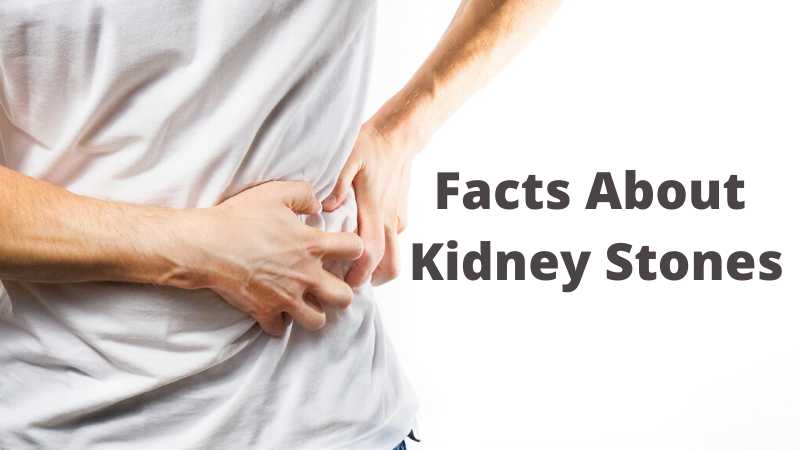
Which Kidney Stone Is Painful?

Introduction
Kidney stones are a common medical condition that can cause excruciating pain. If you've ever wondered, "Which kidney stone is painful?" you're not alone. In this comprehensive article, we will delve deep into the world of kidney stones, exploring the types of kidney stones and identifying which one is the most painful. Armed with this knowledge, you'll also find valuable tips on managing kidney stone pain effectively.
Which Kidney Stone is Painful?
Kidney stones can be categorized into four main types: calcium oxalate stones, uric acid stones, struvite stones, and cystine stones. Among these, calcium oxalate stones are notorious for causing the most intense pain.
Calcium Oxalate Stones
Calcium oxalate stones are the most common type of kidney stone, making up about 80% of all cases. These stones form when there is an excess of calcium and oxalate in the urine, which can bind together and crystallize. The sharp edges of these crystals can cause severe pain as they move through the urinary tract. The pain is often described as excruciating and may come in waves as the stone progresses.
Managing Kidney Stone Pain
While the pain of kidney stones can be debilitating, there are several strategies to alleviate discomfort and facilitate the passage of the stone.
Hydration
One of the most effective ways to manage kidney stone pain is to stay well-hydrated. Drinking plenty of water can help flush the stone out of the urinary tract and reduce the pain associated with its movement.
Pain Medication
Over-the-counter pain medications like ibuprofen or prescription medications prescribed by your healthcare provider can provide relief from the intense pain of kidney stones.
Heat Therapy
Applying heat to the lower back or abdomen can help relax the muscles and ease the pain caused by kidney stones. A hot water bottle or a warm bath can be soothing during an episode of kidney stone pain.
Conclusion
In conclusion, if you've ever wondered, "Which kidney stone is painful?" the answer lies with calcium oxalate stones, which are notorious for causing excruciating pain. However, remember that kidney stone pain can be managed effectively through hydration, pain medication, and heat therapy. If you suspect you have kidney stones or experience severe symptoms, seek medical attention promptly.
Understanding the type of kidney stone you may have can empower you to take proactive steps to prevent future occurrences. Stay informed, stay hydrated, and prioritize your kidney health.
For more information about Kidney Stone Treatment In Bangalore, To know more you can visit here: https://www.ssurocare.com/
FAQs About Kidney Stones
1. Q: Can kidney stones be prevented?
A: Yes, kidney stones can often be prevented by staying hydrated, maintaining a balanced diet, and avoiding excessive intake of foods high in oxalate.
2. Q: Are all kidney stones painful?
A: While most kidney stones cause pain, some may be small enough to pass without significant discomfort.
3. Q: When should I seek medical attention for kidney stone pain?
A: If you experience severe, persistent pain, blood in your urine, fever, or difficulty urinating, it's crucial to seek immediate medical care.
4. Q: Can dietary changes help prevent kidney stones?
A: Yes, dietary changes, such as reducing sodium and oxalate intake, can lower your risk of developing kidney stones.
5. Q: Are kidney stones a recurring problem?
A: For some individuals, kidney stones can be a recurring issue. It's essential to work with a healthcare provider to identify underlying causes and preventive measures.
6. Q: Can certain medications increase the risk of kidney stones?
A: Yes, some medications, such as certain diuretics and antacids, can increase the likelihood of kidney stone formation. Consult your doctor about potential side effects.
Author Bio
Article Comments
No Comments!
At present there are zero comments on this article.
Why not be the first to make a comment?
Similar Articles
Search Pages
User Upgrade
account to full use of editor,
Including hyperlinks
Article Categories
There are zero sub-categories in this parent category.
There are zero sub-categories in this parent category.

















